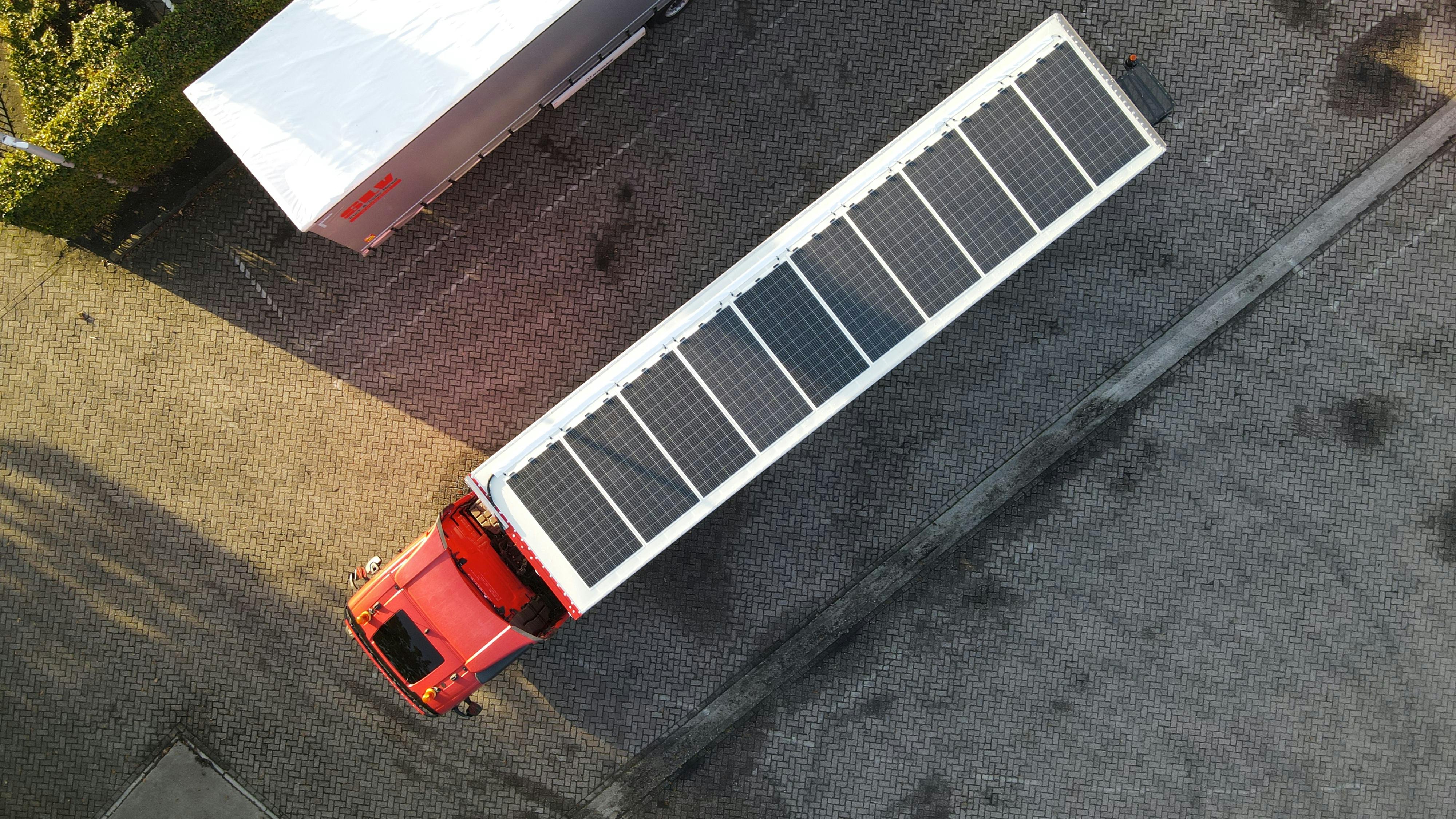IM Efficiency partners with SolarMoves to explore the potential of solar-powered vehicles
IM Efficiency is pleased to announce its partnership with SolarMoves, an international public-private consortium that aims to explore the potential of solar-powered vehicles to support the transition to an all-electric transport system in the EU.
In addition to IM Efficiency, the consortium includes prominent organizations in the field such as TNO (The Netherlands Organization for Applied Scientific Research), Fraunhofer Institute for Solar Energy Systems, and Sono Motors. This project comes at the behest of the European Commission's Directorate-General for Mobility and Transport (DG MOVE) to explore the potential of solar-powered vehicles and their impact on the electrical recharging infrastructure policy and regulations in Europe in the coming years.
The EU and its member states aim for zero-emissions transport in the coming years, which requires significant investment in car recharging infrastructure. Solar technology for mobility applications can potentially ease this investment and overcome certain challenges faced by EV users. Research has shown that it's possible to reduce annual charging needs by about 25% when driving electric vehicles with solar panels installed. In sunny places, it can be reduced to as much as 40%.
Solar-powered vehicles: a fast-growing market
By 2030, it is estimated that electric vehicles equipped with solar panels could make up 10% of the market. Many car manufacturers are currently developing vehicles with integrated solar cells. In addition, more than 30 truck trailers in Europe are already equipped with solar technologies such as IM Efficiency's SolarOnTop solution to make commercial transport more sustainable. Inner-city public transport fleets have also started to adopt solar cells to lower both emissions and fuel costs.

Monitoring efficiency to forecast solar EV infrastructure requirements.
A three-year pilot project will be conducted in which modelling will be combined with and verified by on-the-road monitoring and testing. Various vehicles, including cars, trucks, buses, and vans, will be equipped with integrated solar panels and sensors to measure and determine solar irradiation in real-world conditions across Europe. The monitoring results will give insight into the increase in efficiency of electric vehicles when solar technology is integrated and will be used to ascertain the overall potential of this technology and make predictions on the required recharging infrastructure. The findings will finally be translated into a set of policy recommendations for the European Commission.